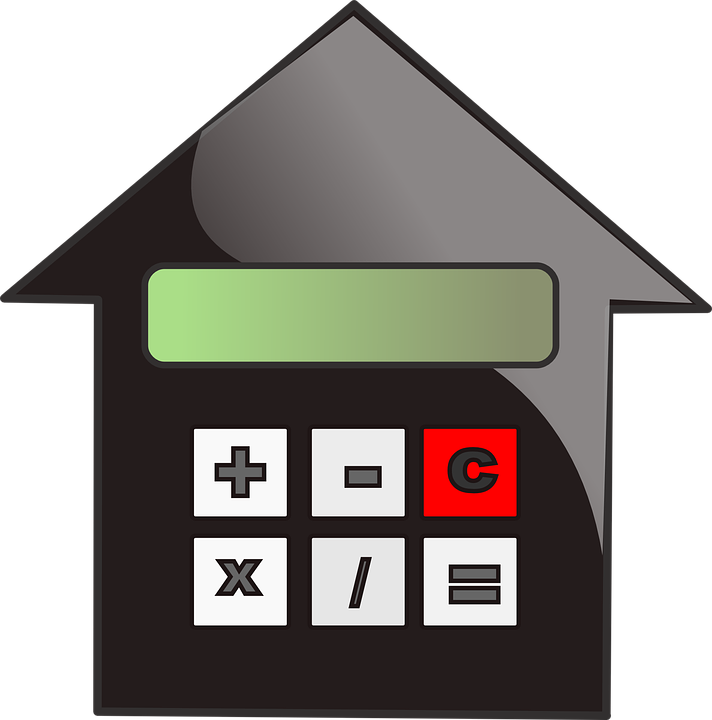Convertible notes are structured as loans that to the company that convert into equity at a later point in time (See this post for more information on convertible notes). The note is similar to a promissory note for any other kind of loan, with similar terms including interest and a maturity date (note that these two terms are the key differentiators between convertible notes and SAFES). These are often referred to as “bridge notes” because they are often offered by investors who invested in a prior round that are in negotiations with the company on a follow-on round, so the financing bridges the company’s finances until the next round closes. Typically, the bridge note doesn’t require interest payments until the maturity date. And most of the time, the interest converts into preferred stock, rather than being paid in cash.
But that still leaves the question, what should the interest rate be?
In some instances, interest rates can be as low as 2% or 4% per year (but, they should never be lower than the applicable federal rate or the note could be deemed to contain original issue discount – see IRC Section 1272(a)). More commonly, the rates fall in the range of 7% to 10%. But there are limits on the maximum annual interest rate, thanks to what are known as “usury” laws.
In California, the law is set forth in Article XV Section 1 of the California Constitution. For non-consumer loans (like convertible bridge notes), the allowable rate is the higher of (a) 10%; or (b) 5% over the “discount rate” changed by the Federal Reserve Bank of San Francisco to member banks on the 25th day of the month prior to the origination of the loan.
California imposes strict penalties for charging excess interest. This can include forfeiture to the borrower of all interest on the loan (not just the excess part), or payment of triple the amount of interest collected from the borrower the year before.
There are various exemptions from the California usury laws. One of the most common exemptions for commercial transactions like convertible note financings applies to loans in excess of $300,000, or if the indebtedness is issued pursuant to a written commitment for the lending of at least $300,000. Another commonly used exemption applies to situations where the borrower has assets of at least $2 million at the time of issuance.
In order to qualify for these exemptions, the borrower cannot be an individual. The lender must also have a preexisting relationship with the borrower and each of the parties to the loan must reasonably appear to have the capacity to protect its own interests in the transaction. The loan also cannot be used primarily for personal, family or household purposes.
Note that the point of the interest rate in convertible note financings is to ensure a minimum return to the investors so, if the company doesn’t raise additional funds and cause an automatic conversion into equity, the investors don’t merely get their money back – they at least get some minimal rate of return at maturity. The real upside comes from the discount to the next round and the potential upside from the investment in the stock the notes ultimately convert into.





